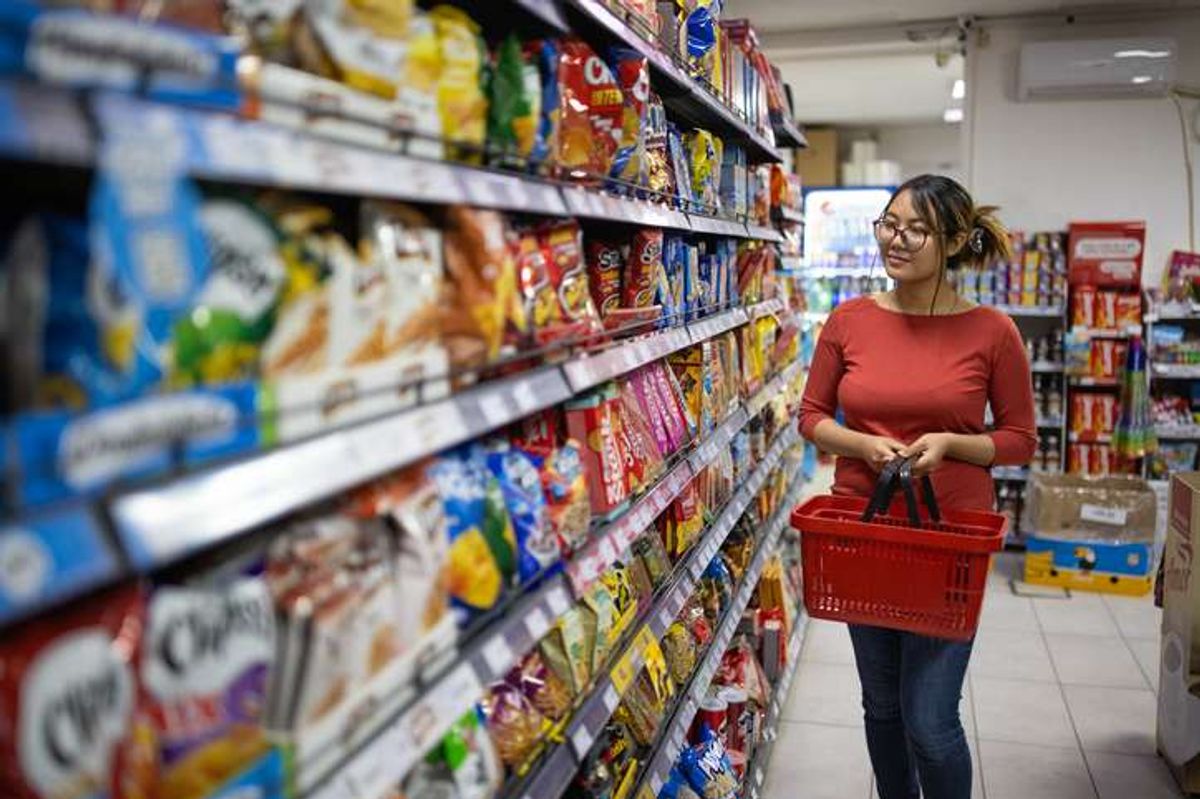Signaling a shift in shopping habits that is reshaping supermarket baskets ahead of new junk food promotion restrictions in the UK, 60.1 per cent of consumers say they have reduced their intake of ultra-processed foods (UPFs) in the past year, concludes a GlobalData report.
The overwhelming majority of consumers who have cut down their consumption of UPFs say that they avoid them primarily for health reasons (75.3 per cent) and weight management (42.2 per cent).
Consumers are connecting the dots between what they eat and how they feel, and the growing availability of weight-loss drugs is reinforcing that scrutiny.
Social media platforms like TikTok and Instagram have amplified topics like gut health, clean eating, and UPFs, especially among younger audiences, helping to normalize the idea of moderating them.
Ashley Adeyemi, Retail Analyst at GlobalData, comments, “Younger shoppers are leading Britain’s retreat from ultra-processed foods, with 71.5 per cent of Gen Z and 67.9 per cent of Millennials either somewhat or significantly reducing their intake over the past year.
"Their greater exposure to health information and willingness to experiment with new food choices mean they’re acting faster than older consumers.
"However, older generations are not far behind, with 60.4 per cent of silent generation reporting a reduction, showing how quickly the movement away from UPFs will become part of everyday shopping habits rather than a niche concern.”
Adeyemi continues, “Shoppers are already changing their habits, reallocating their grocery spending to cut back on UPFs. Spending is being rediverted to fresher or “whole” produce like fruit and vegetables (47.7 per cent of those who have reduced their consumption of UPFs reported spending more) and whole grains (32.1 per cent).
"In contrast, categories linked with heavy processing are falling out of favor: 47.8 per cent are spending less on ready meals and over a third are cutting back on confectionery and soft drinks.”
Despite the widespread shift away from UPFs, they are embedded in daily life — 62.0 per cent say they are more convenient than whole foods, and 60.0 per cent admit they struggle to avoid them when dining out.
This tension between aspiration and practicality shows how far UPFs remain woven into modern eating habits. This presents an opportunity for retailers to appeal to consumers who are struggling to turn aspiration into action.
Adeyemi concludes, “The challenge for retailers is to make healthier options as easy and affordable as the processed foods shoppers are abandoning.
"Retailers who marry health with convenience will be the winners in this new environment: clear labelling, credible reformulation and pricing that makes better choices accessible to all will help capture loyalty.
"This is a consumer-led wellness shift, and retailers who act decisively now will be best positioned to capture this demand.”


